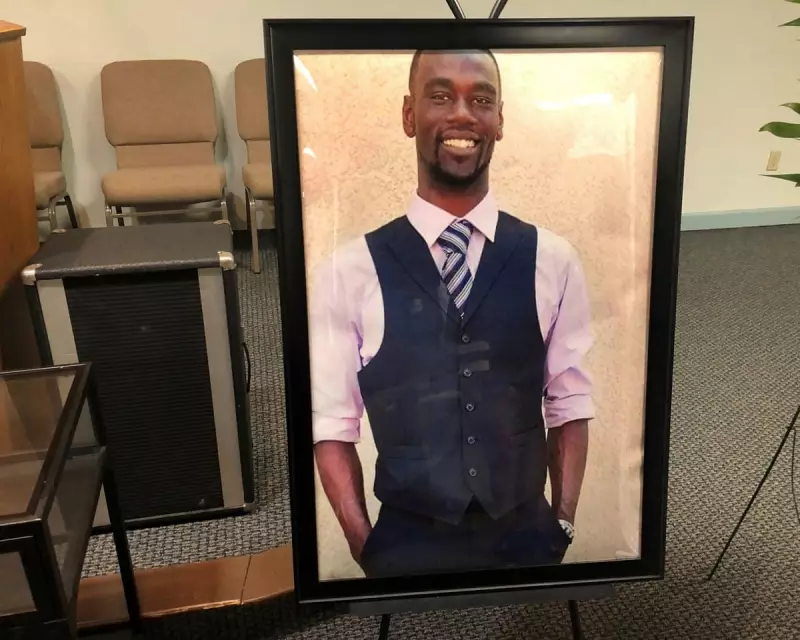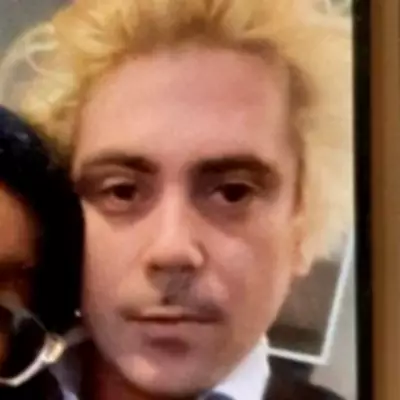
A Tennessee judge has delivered a seismic ruling, ordering a full retrial for the four former Memphis police officers previously convicted for the brutal beating and death of Tyre Nichols. The decision throws a landmark US police brutality case back into the legal arena, stunning the nation.
Criminal Court Judge James Jones Jr. cited serious juror misconduct as the grounds for his ruling. The court found that a single juror had repeatedly lied during the selection process, specifically about their personal connections to individuals involved in the case and their prior attendance at a key vigil for Nichols.
The Core of the Misconduct
According to the 27-page court order, the juror in question failed to disclose critical information that would have undoubtedly barred them from serving. This included:
- Undisclosed Personal Connections: The juror had a direct, albeit distant, relationship with the family of one of the former officers.
- Vigil Attendance: Crucially, the juror was present at a public vigil held for Tyre Nichols, an event heavily covered by local media which framed the incident as a clear-cut case of police brutality.
- False Voir Dire Statements: The juror provided false answers under oath during the jury selection (voir dire) process when directly questioned about these matters.
Judge Jones stated this misconduct fundamentally violated the defendants' constitutional right to a fair trial by an impartial jury. "The integrity of the verdict is necessarily compromised," he wrote.
Reactions and Next Steps
The ruling has been met with a mix of outrage and relief. Legal representatives for the former officers hailed the decision as a necessary correction to ensure due process. Conversely, the Nichols family and their legal team expressed profound disappointment, viewing it as a painful delay in their pursuit of justice.
The Shelby County District Attorney's Office has already announced its intention to appeal the judge's decision to grant a new trial. If the appeal fails, prosecutors have vowed to retry the case, setting the stage for another lengthy and emotionally charged legal battle.
The case, which sparked international protests and intensified the debate on police reform in the United States, is now poised to return to the forefront of the national conversation.





